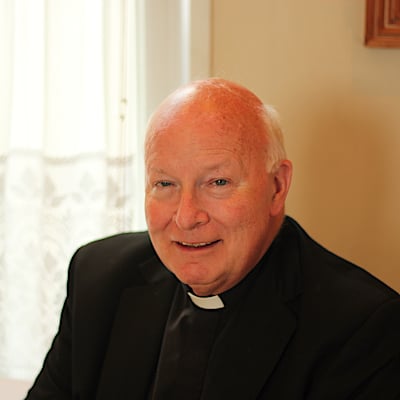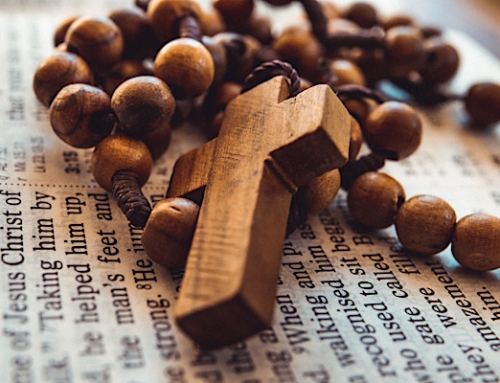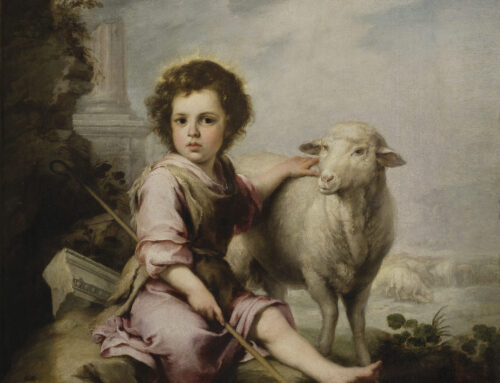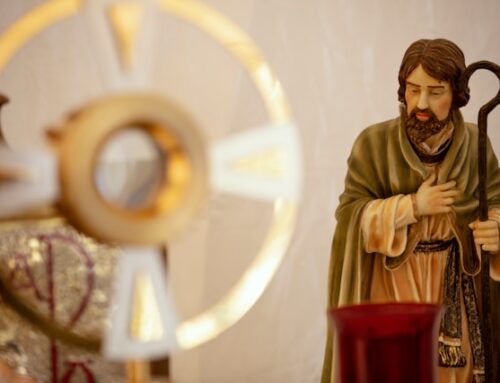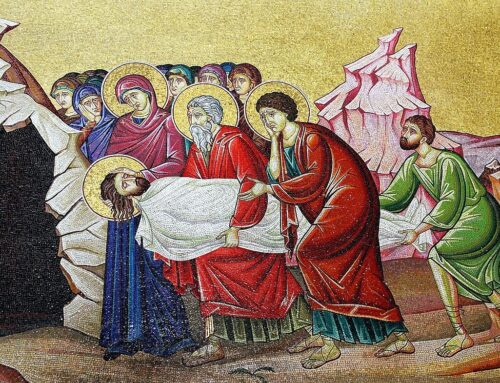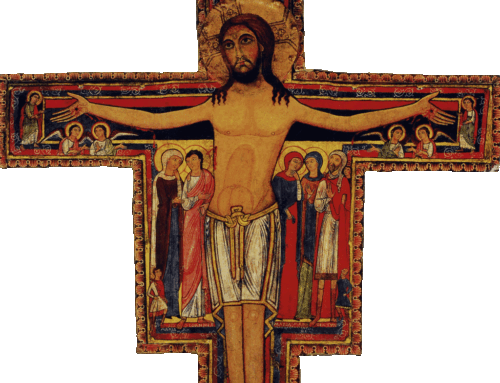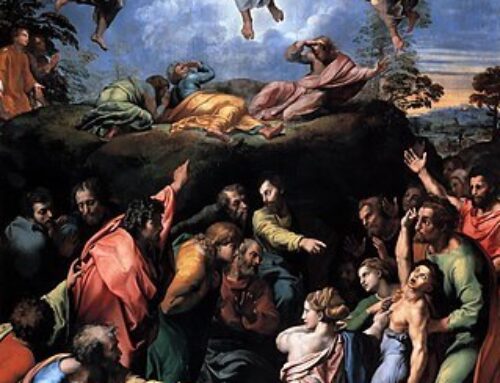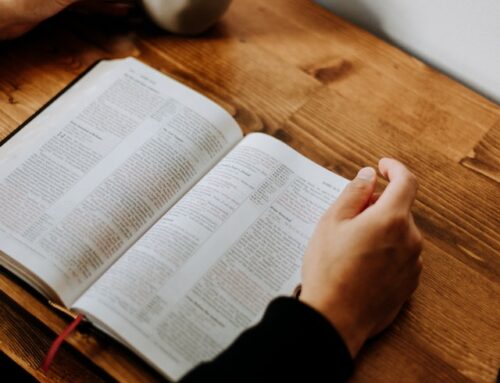The Anointing of the Sick
Last week, an advocate of assisted dying said: ‘I don’t want to suffer when I die.’ Her words came to mind when I was at the bedside of a parishioner celebrating the sacrament of the anointing of the sick. I prayed, ‘Since you have given him a share in your own passion, help him to find hope in suffering, for you are Lord for ever and ever.’
The sacrament of the anointing of the sick is a wonderful gift, given to us by Jesus. St James in his letter wrote, Is any among you sick? Let him call for the elders of the church, and let them pray over him, anointing him with oil in the name of the Lord; and the prayer of faith will save the sick man, and the Lord will raise him up; and if he has committed sins, he will be forgiven.
Pope Francis says that, when the priest comes, ‘It is Jesus himself comes to relieve the sick person, to give him strength, to give him hope, and also to forgive his sins. And this is very beautiful.’ As with all sacraments, the anointing of the sick is a meeting or encounter with Jesus. He takes us by the hand and reminds us that we belong to him, and that nothing — not even evil or death — can separate us from him.
We, as a church, need to to have the same preferential love for the sick and suffering that Jesus had. Those who were sick and suffering were brought to Jesus and he healed many of them. As a church we are called, in the name of Jesus, to give relief and grace through this sacrament.
‘The solidarity of praying and caring for the most vulnerable at this fragile time of their lives is a profoundly Christian act which imitates Our Lady’s prayer at the cross and Christ’s service to the weakest.’ (Bishop John Sherrington)
A good friend of mind is awaiting the results of biopsy. He knows the results might be serious, but he said, ‘I am not anxious. I have had a good life.’ What a blessing to be able to face death in this way. As a parish community we are called to give our love and support to those who are sick and dying. We can do this in several ways. We hold them in our prayers, especially remembering them at the prayers of the faithful at Mass. It is important that those who are unable to join us on Sunday for Mass are able to regularly receive communion. This is why Eucharistic Ministers taking communion to the sick is important. I also would like to recommend a website: www.artofdyingwell.org

